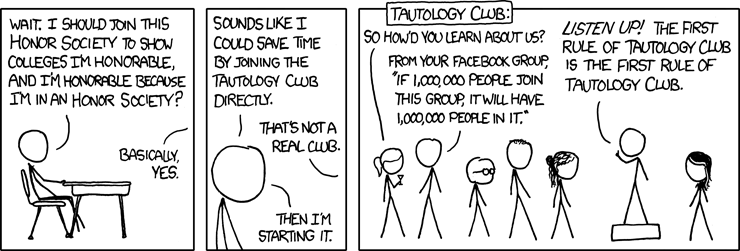In English we have a well-known confusion with the word/term “free”. It can refer either to something having no cost/price, or as a reference to essential matters of liberty.
Words such as “freedom” might work, but are a bit much to say each team, and to me have the effect of hyperbole — big words chosen to prove how important the topic is. Overblown.
Not that I consider matters of freedom to be trivial, but I don’t want to be using alarming language in every discussion unless it’s necessary.
Recently I found myself beginning to use a slightly new term that I think resolves the English ambiguities:Â freed software.
What I like is the not unsubtle reference to any situation where a person, place, or thing was once owned as chattal and is now freed of ownership. Being freed means having the freedoms of one who is free. My writer/culture ear thinks that “freed” is the word that takes us out of the tautology of “free-as-in-freedom”.

I am not a native English speaker, but for me “freed software” sounds like something which originally was not Free and then became Free. A lot of the Free software is born Free, so I feel “freed” would not sound fair for them.
I’d have to agree with Nicu, freed shows a past tense that saya something occured, or was changed at some point in the past.
I get what you are saying, and perhaps unclarity for non-native speakers is a reason to not adopt this usage.
Freed can have a deeper meaning with enough subtleties that it doesn’t refer only to something specifically made not-free then made free.
For example, an idea you bring out from your head and share with people is said to be freed from your mind.
Another reason I like it is to remind us that some software is not freed. Would it be too much to take on the mantle,”No software is free until all software is freed”?
I’ve taken to calling some FOSS projects “liberated software” as a less-ambiguous equivalent to “libre software” (as in FLOSS).
Whoops, I put “Liberated Software” as my name. For some reason, I thought the first field was a comment title.
Yes, liberated software is a bit less ambiguous to the ear than freed, in the case where the ‘d’ is not heard by the other person. (That is, someone might hear you saying “free” and be back to the original confusion.)
The “-ed” continues to have the problem Nicu brings up in the first comment, albeit in a more dramatic way (now that I think about it.) Also, if the “-ed” is dropped, it becomes an action, “liberate software,” which is pretty cool.
(When I was a kid, there was a slang usage where “to liberate” meant “to lift, steal, borrow, take, move to another location, prank”. For example, one might liberate a STOP sign and hang it in front of the word “war” or “County Government”.)
Okay, I think we’re making progress here but still not out of the woods. I’m less happy than when I started (and thought I had a solution), but I am bouyed a bit by the potential for a genuine solution.
Hey Quaid,
Always nice to see the community thinking about how to help other people understand what we find important.
Do you know that “freed software” popped up as a possible name in 1998 instead “open source”? I just wrote about that here: http://asheesh.org/note/debian/freed-software.html
— Asheesh.